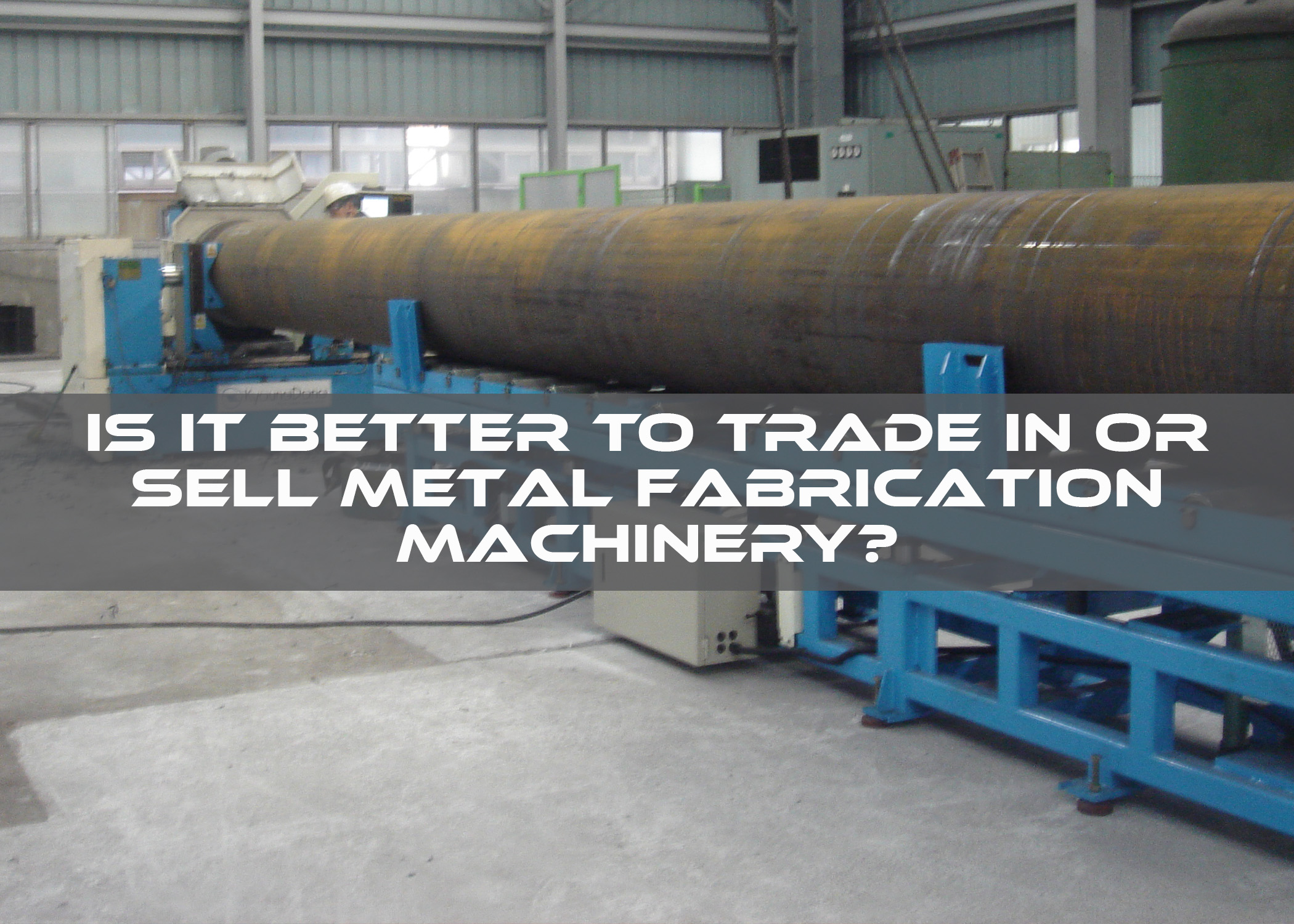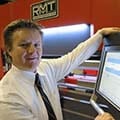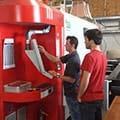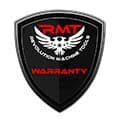The metal fabrication industry relies heavily on precision, efficiency, and innovation. As technology evolves, machines become faster, more accurate, and more cost-effective. This constant advancement makes older machinery obsolete much quicker than in decades past.
When shops decide to upgrade their metal fabrication equipment, they’re faced with a choice: sell the old machine outright or trade it in toward a new purchase. While selling may seem like a straightforward route, trading in the machinery offers distinct advantages that are often overlooked. The following are reasons why trading in old metal fabrication machinery is often a smarter, more strategic choice than selling it independently.
Streamlined Process and Reduced Downtime
Selling old machinery on the open market can be a time-consuming endeavor. It often involves photographing the machine, listing it on various platforms, answering inquiries, negotiating with buyers, arranging inspections, and handling logistics—all while your shop continues to run. If you’re not a dealer yourself, this can eat into time and resources better spent on production and operations.
Trading in equipment, by contrast, is typically handled as part of the new equipment purchase. Dealers often take care of the logistics, valuation, and removal. This streamlines the process significantly, reducing your downtime and administrative burden. Your team can focus on what they do best: fabrication and manufacturing.
Better Valuation and Pricing Leverage
When you sell machinery independently, the resale value is determined by the market and what a buyer is willing to pay. Unfortunately, this is often less than what a reputable dealer may offer through a trade-in program. Dealers may provide better value because they can refurbish and resell the equipment through established channels or use it for parts.
Furthermore, when trading in, you gain additional leverage during the negotiation for new machinery. Dealers can offer attractive discounts or incentives as part of the total package, especially when they see value in your old equipment. You’re not just getting rid of an old machine—you’re making it part of a strategic investment.
Tax Advantages
Trading in equipment often comes with tax benefits that selling does not. In many jurisdictions, businesses that trade in old machinery toward the purchase of new equipment can defer some of the taxable gains. This is because the trade-in value is subtracted from the new purchase price, which can reduce your taxable capital gain on the transaction.
When you sell a machine separately, you may owe capital gains tax on the sale if it was fully depreciated, and then you must pay full price (and possibly sales tax) on the new equipment. Working with a tax advisor or accountant will provide a clearer picture, but in many cases, trading in is financially smarter from a tax perspective.
Logistics and Removal Are Handled for You
One of the major headaches of selling old equipment is managing its removal from your facility. Whether it’s a heavy press brake, a fiber laser cutter, or an outdated shear, coordinating rigging, loading, and transport is both expensive and complex.
When you trade in machinery, the dealer typically includes removal as part of the agreement. This not only saves money but also ensures the process is handled by professionals who understand the risks and technical considerations. You avoid damage to property, injuries, and logistical disruptions.
Trust and Accountability
Reputable equipment dealers are experienced in valuing, handling, and reselling used fabrication machinery. When you trade in, you’re working with professionals who can accurately assess the value of your equipment and incorporate it into a broader plan for your shop’s future growth.
Selling independently can be risky, particularly when dealing with unknown buyers. You face the potential of bounced payments, buyer disputes, or equipment returns due to unexpected issues. Dealers, on the other hand, often inspect the machinery as part of the trade-in and assume the associated risk. This gives you peace of mind and more predictability.
Avoid Market Fluctuations
The used machinery market is affected by global demand, local economic conditions, and industry trends. If demand is low or if your equipment is highly specialized, selling it may take weeks—or months—if it sells at all. Prices can fluctuate, and holding onto idle machines means lost space and depreciating assets.
A trade-in offer typically remains valid for a set period, insulating you from these market shifts. You get a guaranteed value, which can be used immediately to offset your new purchase. This is particularly beneficial in a fast-moving industry where being able to plan financially is critical.
Better Space Management
Old machinery, especially large fabrication tools, can take up valuable floor space in your facility. Delays in selling or removing them can bottleneck your operation and slow down the installation of new machinery. Trading in usually means coordinated removal, freeing up that space faster and allowing for smoother installation of new equipment. This translates to a quicker transition and less disruption to production. You won’t have to find temporary storage or reshuffle operations while waiting for a buyer.
Sustainability and Responsible Recycling
Some trade-in programs include eco-conscious disposal or refurbishment of your old machinery. Dealers often work with certified recyclers and refurbishing providers like rebuilders or remanufacturers to ensure that outdated equipment is repurposed, reused, or responsibly dismantled. This not only reduces your environmental impact but can also improve your company’s sustainability profile—an increasingly important factor in modern manufacturing.
The Savvy Solution
While selling old metal fabrication machinery independently might seem like the most profitable option at first glance, it often comes with hidden costs, delays, and risks. Trading in equipment offers a faster, more efficient, and often more financially savvy solution. With benefits like simplified logistics, better valuation, tax advantages, and reduced downtime, trading in supports smoother operational transitions and sets your business up for growth with fewer headaches.
In a highly competitive and time-sensitive industry like metal fabrication, every decision should move your business forward. Trading in your old machinery does just that—clearing the way for innovation, efficiency, and profitability.
